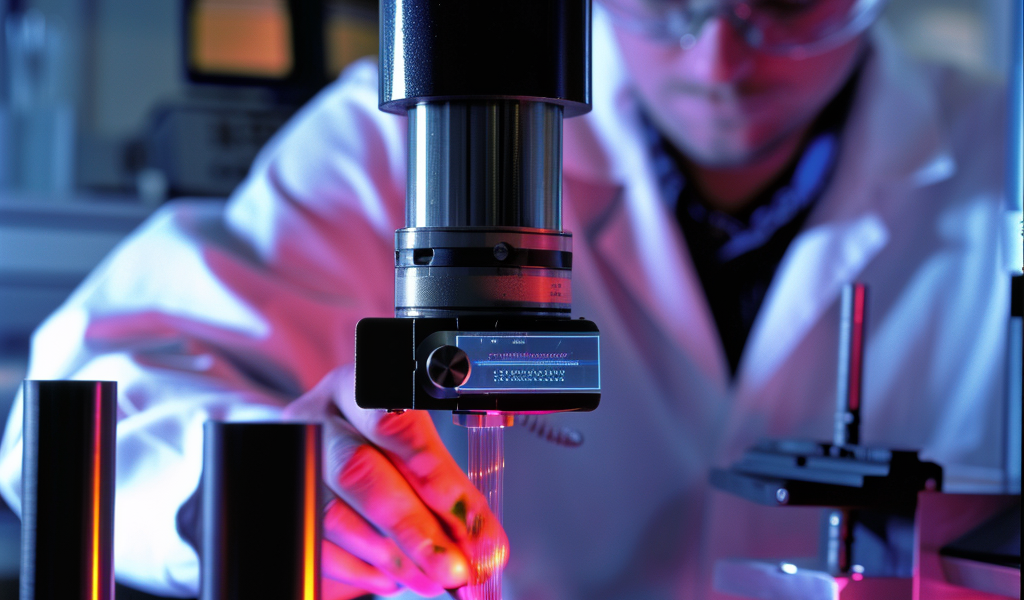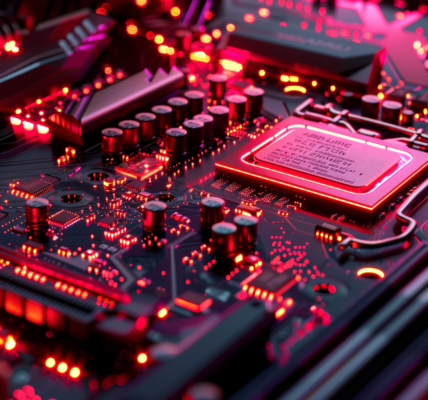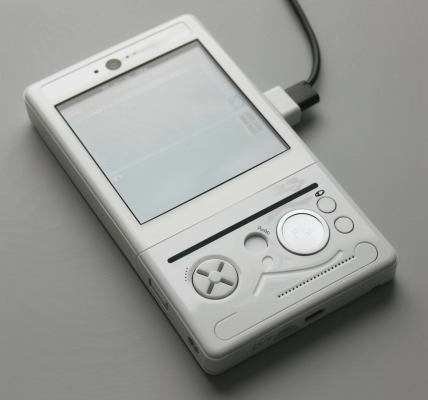Recent advancements in thermal imaging technology are set to enhance accuracy in temperature measurement across various fields, particularly in military and medical applications. Researchers at the University of Houston have developed a groundbreaking non-contact thermometer that utilizes near-infrared (NIR) spectroscopy, addressing long-standing challenges associated with traditional thermal measurement methods.
Temperature measurement is crucial in numerous scientific endeavors, spanning military operations, medical diagnostics, and industrial applications. The most prevalent methods for non-contact thermal measurement include thermal cameras and infrared thermometers. However, both of these technologies typically depend on the emissivity values of the objects being measured, which can vary significantly based on temperature and material composition.
The limitations of conventional thermal cameras and infrared thermometers become particularly evident in scenarios demanding high-precision measurements. Inaccuracies can arise from the unknown emissivity of various materials, leading to unreliable temperature readings. To tackle this issue, the research team at the University of Houston embarked on a project to innovate a more reliable thermal imaging technique.
The newly developed non-contact thermometer employs a near-infrared spectrometer, which is capable of capturing thermal radiation through an optical fiber. This sophisticated device fits the collected spectral data to the theoretical black-body radiation formula, enabling it to determine accurate temperature readings without the need for precise emissivity values.
The experimental setup for this innovative thermometer includes an NIR spectrometer that is equipped with an indium gallium arsenide (InGaAs) array detector. This detector is capable of capturing the NIR spectrum within the range of 800 nm to 1700 nm. The researchers utilized this setup to measure the surface temperature of a silver heating stage, achieving an impressive error margin of less than 2°C.
In addition to measuring temperature in controlled settings, the researchers applied this technique to photothermal catalysts. They synthesized a specific catalyst powder, Ru-Cu/Al2O3, and calibrated the NIR thermometer specifically for this material. The results revealed significant temperature gradients across the catalyst’s surface when subjected to laser heating, with temperature differences exceeding 200°C at elevated laser power levels.
This advancement in thermal imaging technology holds immense potential for various applications. In military contexts, accurate temperature measurements can enhance the effectiveness of equipment and personnel. Medical professionals can benefit from improved diagnostic capabilities, allowing for more precise monitoring of patients without direct contact.
The development of this NIR non-contact thermometer represents a significant leap forward in thermal imaging technology. By eliminating the dependence on emissivity values, the researchers have paved the way for more reliable and accurate temperature measurements in challenging environments.
As this technology continues to evolve, it is likely to play a crucial role in enhancing operational efficiency and safety across diverse sectors, ultimately contributing to advancements in both military and medical fields.





